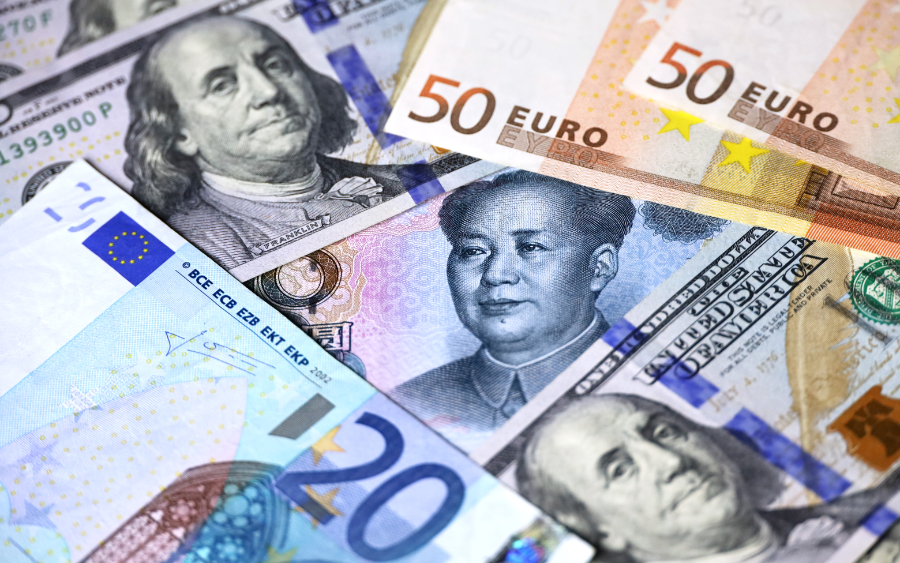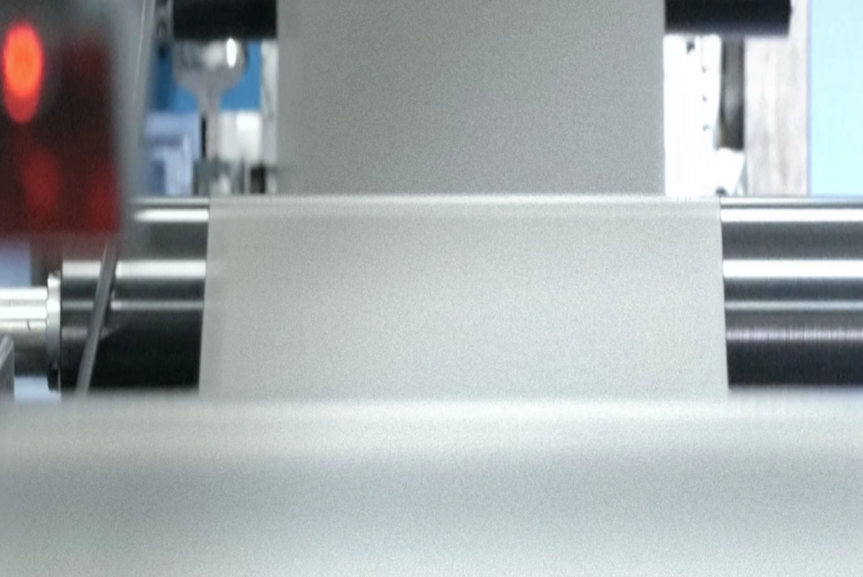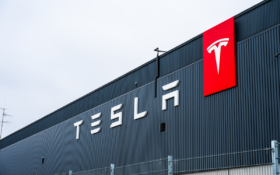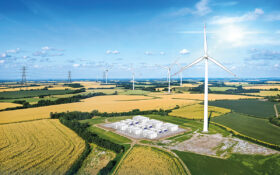The battery and energy storage industry is watching the pending trade war between the US and its trade partners. Few industry players contacted by BEST were willing to talk on the record about the situation – not least because it is a turbulent and unclear time.
But James Greenberger, executive director of battery association NAATBatt International told BEST trade tariffs may benefit certain industries in the US. But the lithium battery industry “will not be one of them,” he said.
“Our challenge is to persuade a hypothetical investor to invest $1 billion in a battery or battery materials plant that will take about three years to build and needs to run profitably for at least 10 years afterwards in order for our investor to get an acceptable return,” he added.
“A tariff will not help us with our hypothetical investor. The very best a tariff can do is offer assurance that there will be price protection for domestic battery producers for four years.”
He said by the time the tariff expires – assuming it will even last four years under President Trump – the hypothetical investor’s new battery plant will have scarcely started operations.
He said tariffs may be good for incumbent industries with excess capacity. But for new industries based on advanced technology they will be of little help.
“If the Trump administration wants to help the advanced battery industry, or any other emerging industry in the United States, it should focus on helping us persuade that hypothetical investor that its $1 billion investment is going to earn a positive return over an extended period,” he said.
L Pugazhenthy, director of the India Lead Zinc Development Association (ILZDA) said a trade war between China and the US was good news for Indian exporters. India has long been exporting lead batteries and lead ingots and if more opportunities for exports to the US arose as a result of tariffs or restrictions, Indian exporters would cash in, he told BEST.
Industry bodies Battery Council International and the International lead Association were also approached for comment.
President Trump declared an economic emergency after taking office and on 1 February announced duties of 10% on all imports from China and 25% on imports from Mexico and Canada. Energy imported from Canada, including oil, natural gas and electricity, would be taxed at 10%. The planned tariffs on Canada and Mexico were paused following phone calls between national leaders and Trump.
China’s Ministry of Commerce and the General Administration of Customs issued an announcement on 4 February imposing export controls on items related to tungsten, tellurium, bismuth, molybdenum and indium. This is in addition to a range of tariffs on US goods.
“Critical mineral security is now intrinsically linked to the escalating tech trade war,” Gracelin Baskaran and Meredith Schwartz of the Center for Strategic International Studies, wrote in a report on Beijing’s decision, according to a report by the AP news agency.












